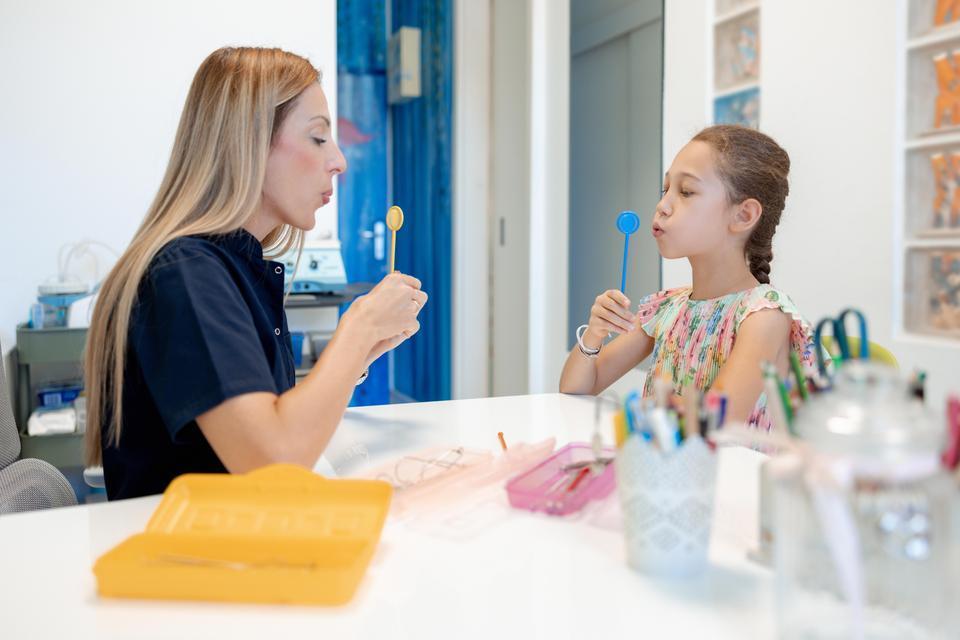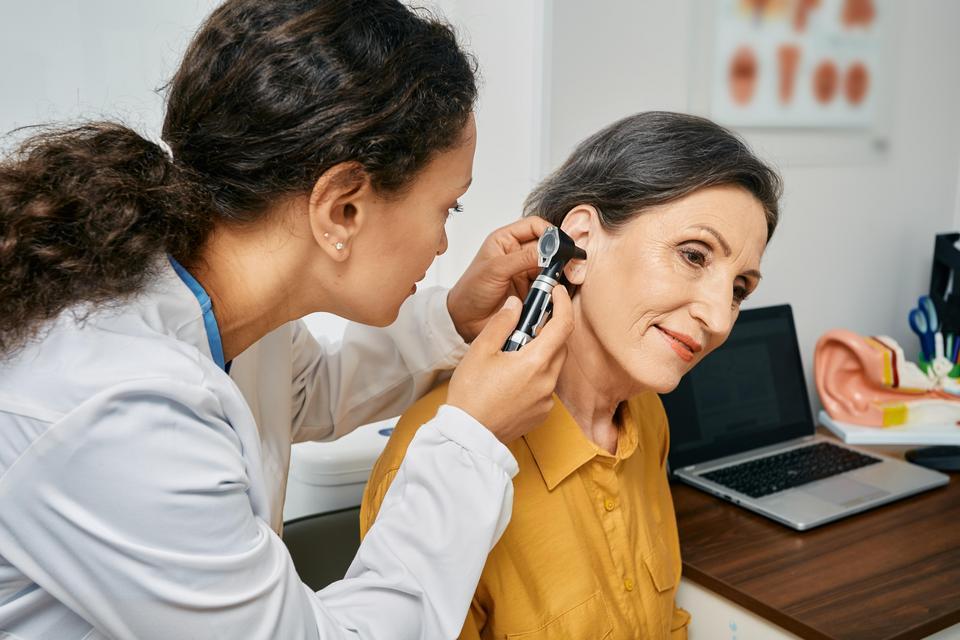Genetic risk assessments help people understand their risks, prevent, manage and, in some cases, reduce the incidence of inherited cancer. Currently, genetic testing for cancer risks and support is offered for breast cancer, ovarian cancer, endometrial cancer and colorectal cancer. Many health insurance plans cover genetic testing costs when referred by a physician. Check with your insurance company to see which types of genetic testing are covered.
Genetic testing for inherited cancer can have three parts: a cancer risk assessment, genetic counseling and a genetic test.
What is a Cancer Risk Assessment?
A cancer risk assessment looks at personal and family risk factors that may put you at higher risk for cancer. Knowing your risk helps you learn what you can do to lower your chances of getting cancer.
Reasons for having a cancer risk assessment include:
- To understand if cancer runs in your family
- To learn if cancer has been caused by an inherited genetic change
- To see if genetic testing will be of value to you or your family
- To find out your risk for a genetically linked cancer
- To learn what you can do about your risk for cancer
What Is Genetic Counseling?
During genetic counseling, you will meet with a genetic counselor, or a specially trained physician, advanced practice oncology nurse or social worker. Your provider will give you more information about inherited cancers and help you decide if testing is for you and your family. The provider will explain the pros, cons and limitations of testing.
If you decide to take a genetic test, a genetic counselor can guide you on how to manage an increased cancer risk. Your counselor can also provide valuable feedback about how to cope if testing shows you may be at higher risk for cancer and how to discuss results with your family.
How Does a Genetic Test Work?
Genetic testing looks for specific inherited changes in a person’s chromosomes, genes or proteins. These changes are also called mutations. The changes can have harmful, beneficial, neutral (no effect) or uncertain effects on health.
When certain cancers occur frequently in a family, it can be an important preventive step to learn if an inherited gene mutation is apparent. The cancer risks in hereditary cancer families are much higher than the general population, and steps can be taken to prevent these cancers or detect them early.
During a genetic test, cells from a part of your body will be sent for laboratory testing. These cells are collected either through a blood sample, hair, cheek cells or urine. When testing for cancer, a blood sample is often taken.
Once the results have arrived, your genetic counselor will evaluate and explain them to you. If you have negative results, then you don’t have the gene mutation that puts you at increased risk for cancer. It doesn’t mean you won’t get cancer, but that you are at average risk. If your results are positive, you have the mutated gene. Your genetic counselor will help you learn how to reduce your risk with lifestyle changes and by practicing early detection.
For more information about any of our early detection services, please call Altru Cancer Center at 701.780.5400
Who Should Get Genetic Testing?
Breast and Ovarian Cancer
If you have a personal or family history of:
- Breast cancer diagnosed before age 50
- Ovarian cancer at any age
- Two breast cancers in the same person or same side of the family
- Male breast cancer at any age
- Triple-negative breast cancer at any age
- Ashkenazi Jewish ancestry
- Three or more hereditary breast and ovarian cancer (HBOC) associated cancers at any age (breast, ovarian, prostate, pancreatic)
- A previously identified HBOC syndrome mutation in your family
Colorectal Cancer
If you have a personal or family history of:
- Colorectal cancer before age 50
- Endometrial cancer before age 50
- A previously identified Lynch syndrome gene mutation in the family
- Two or more Lynch syndrome cancers at any age
- Ten or more cumulative colorectal adenomatous polyps
- A previously identified polyposis syndrome in the family
To schedule an appointment or for more information about genetic testing at the Sanny & Jerry Ryan Center for Prevention & Genetics, call 701.732.7620.









